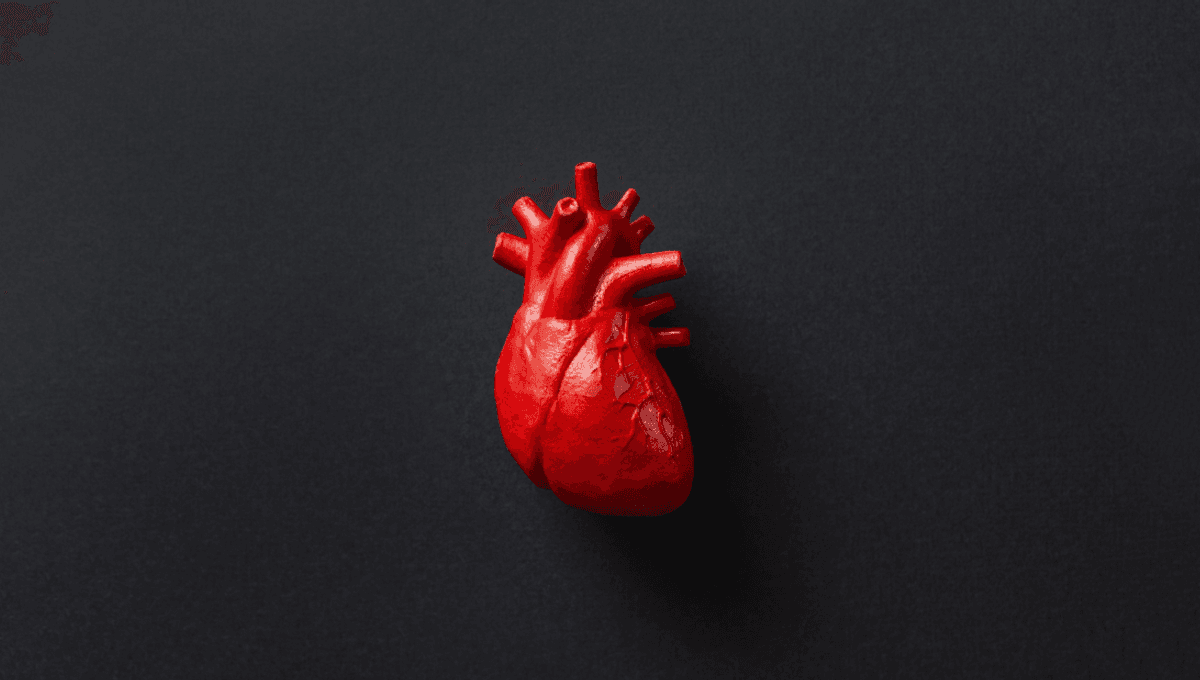
Take a heart out of a human and – provided you keep it stored under very exact conditions for transplantation – it can carry on beating. How? Well, it could come down to the organ’s “little brain,” as new research has identified that a cluster of neurons may play a much more significant role in maintaining heartbeat than previously thought.
That little brain is what’s known as the intracardiac nervous system, a cluster of nerves and ganglia that sit in the heart tissue. It acts like a local control system that can moderate heart function, but it was thought that the intracardiac nervous system was a simplistic structure that got its orders from the brain. Now, new research has revealed there could be more to the story.
“This ‘little brain’ has a key role in maintaining and controlling the heartbeat, similar to how the brain regulates rhythmic functions such as locomotion and breathing,” explains study lead Konstantinos Ampatzis, principal researcher and docent at the Department of Neuroscience, Karolinska Institutet, Sweden, in a release.
“We were surprised to see how complex the nervous system within the heart is. Understanding this system better could lead to new insights into heart diseases and help develop new treatments for diseases such as arrhythmias.”
The research looked at the hearts of zebrafish to dive deeper into the role of the intracardiac nervous system, a common animal model in cardiac research as its heart shares a lot of similarities with our own. This enabled them to map out the organization and function of neurons within the heart, using single-cell RNA sequencing, anatomical studies, and electrophysiological techniques.
What they saw was that there are multiple different neuron types in the heart that serve different functions, including a small group that have to properties of a pacemaker. The groundbreaking study challenges long-held ideas about how the heartbeat is maintained, and could be a pivotal development for future cardiovascular disease treatments and interventions.
“We will now continue to investigate how the heart’s brain interacts with the actual brain to regulate heart functions under different conditions such as exercise, stress, or disease. We aim to identify new therapeutic targets by examining how disruptions in the heart’s neuronal network contribute to different heart disorders.”
The study is published in Nature Communications.
Source Link: How Can Hearts Beat Outside The Body? It Could Be Their “Little Brains”